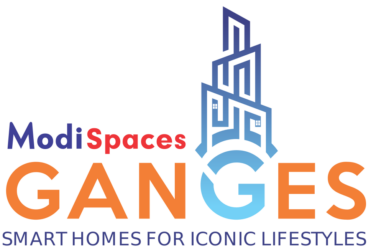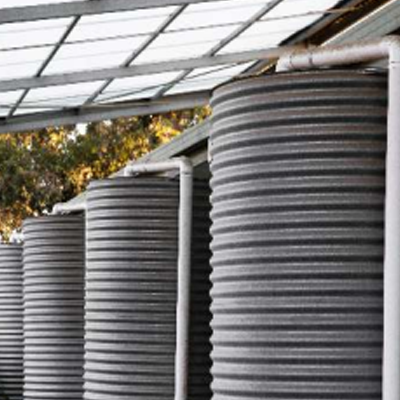Alcohol is also a depressant and slows down the parts of the brain where we make decisions and consider consequences, making us less likely to think about what might happen if we do something. Alcohol is sometimes described as a ‘disinhibitor’ – it makes us less cautious and more inclined to do things we would normally be shy or hesitant about. Sometimes it can lead us to do things that may be a bit annoying but not particularly problematic, like singing loudly or talking too much. Other times, the consequences can be more serious – for example if we say something hurtful we regret later on, or try to drive ourselves home.
- Moreover, work in non-human primates highlights a role for the prefrontal cortex in reward signaling [26], and human fMRI studies show that prefrontal cortex drives phasic cue responses in the VTA [27, 28].
- Repeated bouts of intoxications will overtime downregulate the dopamine activity in the mesocorticolimbic pathway, leading to an increased risk of developing alcohol dependence and other impulse control disorders.
- This, by the way, is one reason you don’t want to drink alcohol while taking benzodiazopenes; the effects will be amplified, and that can slow your heart rate and respiratory system down to dangerous levels.
- Detox will clear the alcohol from your system, helping your brain to re-achieve balance.
- It starts to produce less of the chemical, reduce the number of dopamine receptors in the body and increase dopamine transporters, which ferry away the excess dopamine in the spaces between brain cells.
These results indicate that long‐term drinking attenuates the responsiveness of the system to external dopamine stimulation, in addition to decreasing baseline levels of dopamine. The mesocorticolimbic dopamine system (or the so‐called brain reward system, Figure 1) is one of the established neurobiological systems involved during the development and maintenance of alcohol dependence and thus one potential treatment target. Here, we aim to review the animal and human data alcohol and dopamine describing the role of dopamine and the mesolimbic dopamine system during acute and chronic alcohol exposure. Finally, preclinical and clinical studies evaluating the potential of available dopaminergic agents as well as indirect dopamine modulators as novel medications for alcohol dependence are discussed. Dopamine is a neuromodulator that is used by neurons in several brain regions involved in motivation and reinforcement, most importantly the nucleus accumbens (NAc).
Figure S1
Multiple slices per subject were sometimes used with no more than two slices per subject/brain region included in any experiment. CFEs were calibrated post hoc against a solution of 1 µM dopamine dissolved in voltammetry ACSF. Another atypical antipsychotic drug, quetiapine, has been evaluated in a case study [160] and an open‐label study [161] in patients with alcohol dependence and comorbid psychiatric diagnosis.

Finally, we found that blockade of nicotinic acetylcholine receptors inhibited evoked dopamine release in nonhuman primates. Altogether, our findings demonstrate that long-term alcohol consumption can sex-dependently alter dopamine release, as well as its feedback control mechanisms in both DS subregions. Alcohol dependence, a chronic relapsing psychiatric disorder, is a major cause of mortality and morbidity. The role of dopamine in alcohol‐induced reward as well in the development of alcohol dependence is reviewed herein.
1. The brain reward system: the mesocorticolimbic dopamine system
For example, activation of some extrasynaptic D2-family receptors can inhibit the release of dopamine itself, thereby reducing dopaminergic signal transmission. Future experiments will need to assess the relationship between the changes in dopaminergic transmission and other striatal excitability and synaptic alterations following chronic alcohol exposure and intake. While this may be difficult to do in NHPs, where experimental manipulations are limited, parallel experiments in rodent models may be able to provide useful information. For example, we know that GABAergic transmission in striatum is altered in a similar fashion after chronic alcohol exposure in mice and monkeys, and similar effects on dopamine release are observed in some strains of mice and monkeys.
Thus, there has been a renewed interest in evaluating these medications as potential treatment for alcohol dependence with the assumption that the atypical antipsychotics might reduce craving and consumption of alcohol without the substantial adverse effect profile [152]. Furthermore, they are clinically used for alcohol‐dependent patients during the acute detoxification phase to prevent agitation, hallucinations and delirium tremens [153]. It is noteworthy that the ACC and FIC––the prefrontal brain regions for which increased FC following P/T depletion mediated AB in this study––are major hubs of the salience network that is involved in conditioning and assigning incentive salience to drugs and drug-related cues [112]. The FIC specifically facilitates access to attention and working memory resources when a salient event is detected and regulates reactivity to salient stimuli [113, 114].
Substance Abuse Treatment Programs
But, while much is known about how alcohol withdrawal affects the body, a recent study delved deeper, and investigated how sudden alcohol withdrawal affects the brain. “If you’re using alcohol to cope with stress or anxiety, if you’re going out and intending to drink one drink and you’re not able to stop yourself from drinking, https://ecosoberhouse.com/ it’s important to talk to your doctor and meet with a specialist,” encourages Dr. Anand. If you drink for long periods of time, it can cause depression, and when you abruptly stop drinking, it can cause anxiety,” says Dr. Anand. Managing your drinking and getting the right support are really important for your mental health.
























Leave A Comment